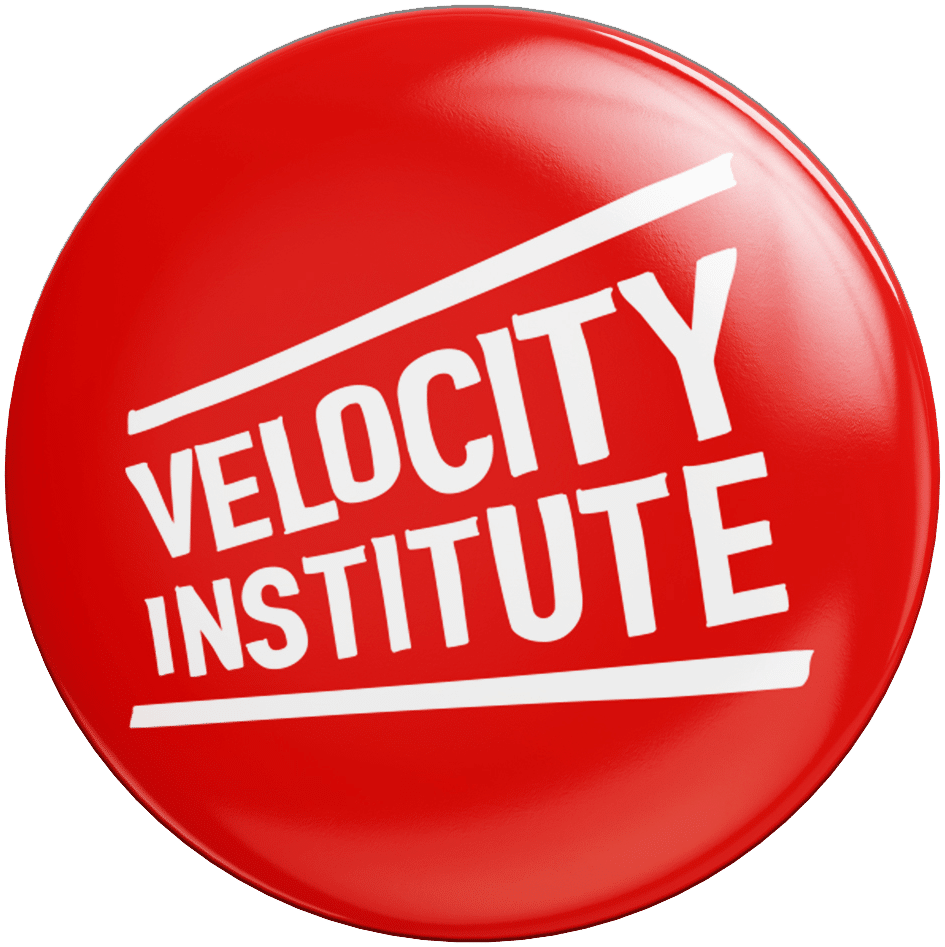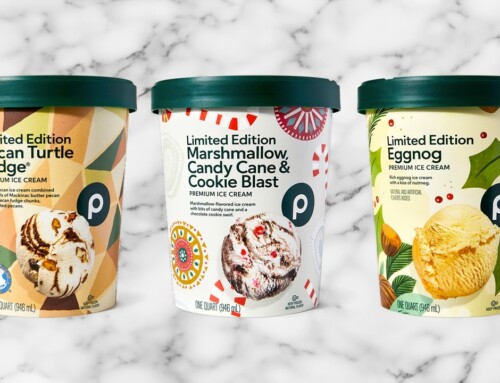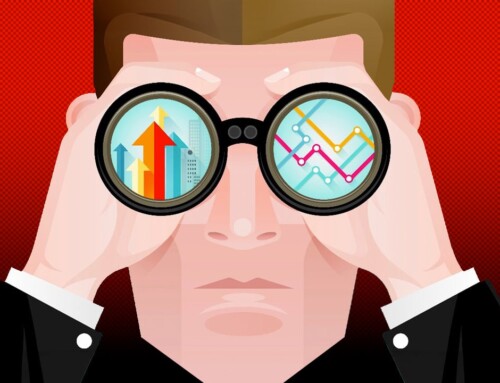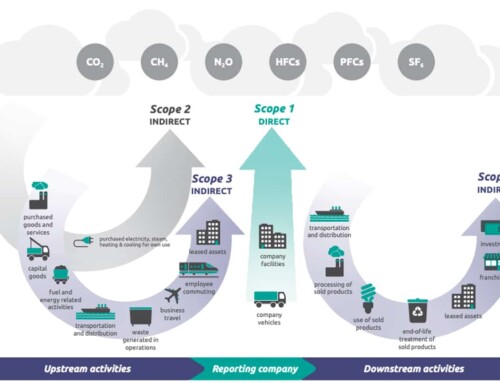
Mitchell Madoff, Vice President Exclusive Brands at Whole Foods Market
This post comes from Mitchell Madoff, Vice President Exclusive Brands at Whole Foods Market it was originally published on Linkedin.
At Whole Foods Market, we know our customers care about where their food comes from and how it’s grown. We want customers to feel good about what they’re putting in their baskets and that’s why I am thrilled to share that by the end of 2020, all 365 by Whole Foods Market packaged coffee will be responsibly sourced and certified according to an approved third-party certification program, which include Rainforest Alliance, Fair Trade USA and Fair Trade International. We have also joined Conservation International’s Sustainable Coffee Challenge.
We know our customers value transparency, and independent certification of responsible sourcing practices is just one of many ways that we provide that level of insight and trust. It’s also a mechanism by which we support ethical trade, worker welfare, and environmental stewardship in the production of agricultural products across the globe.
These factors made our decision to commit to responsibly sourcing our Exclusive Brand coffee a no-brainer. We leaned on the expertise of our Team Members – including Juliana Bandin, Ann Marie Hourigan, Michelle Kalicky, Danielle Whisnant, and Stephanie Truscott – to help develop our standard and execute on our commitment. Our customers are the lifeblood of our business, and our most important stakeholder; we always strive to do what’s important to them and exceed their expectations on every shopping experience.
Responsible sourcing has always been an important part of Whole Foods Market’s DNA, and working with third-party certifiers is one of many tools we use to help develop different standards for products and programs across our stores:
- Organic Retailer Certification: First certified in 2003, Whole Foods Market is the first and only certified organic national grocery store. Every year, each of our over 500 stores is inspected and certified by an accredited 3rd party organic certification agent.
- Seafood: In our seafood department, we only sell 3rd party verified Responsibly Farmed or wild-caught seafood from fisheries that are certified sustainable by the Marine Stewardship Council (MSC) or rated either “Green” or “Yellow” by the Monterey Bay Aquarium Seafood Watch program.
- Meat: We work with the Global Animal Partnership to certify producers’ animal welfare practices to more than 100 animal welfare standards for beef, pork, chicken, turkey, and lamb in our meat departments.
- Non-GMO Labeling Claims: We require that all non-GMO labeling claims be third-party verified or certified to a Whole Foods Market-approved program.
- Eggs: Our standards require egg producers to go beyond cage-free to meet our Animal Welfare Standards for Laying Hens for all shell and liquid eggs sold in our dairy cases. For larger suppliers, we work with Validus to perform poultry welfare audits. Eggs used in our own kitchens and bakeries must be cage-free or better.
In the spirit of continuous improvement, we’re already looking at expanding our responsible sourcing commitment for coffee or making similar commitments across other Exclusive Brand programs. We’re always looking to raise the bar on our Quality Standards and push the industry forward. In pursuit of that goal, we are transitioning all our 365 by Whole Foods Market branded tea to either Fair Trade or Rainforest Alliance certified. And as always, our Exclusive Brand products meet the same strict ingredient standards for all food, body care, supplements and cleaning products we sell. We ban over 450 ingredients commonly found in other stores.
These continual advancements in standards and sourcing practices are a vital part of Whole Foods Market’s core purpose and value, and critical to our mission of Nourishing People and the Planet.
Related Incites
2025 EVENTS
TICKETS, SPONSORSHIPS & EXPO BOOTHS NOW AVAILABLE
